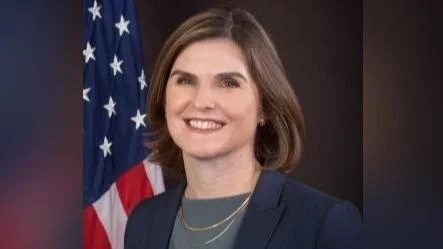The Maryland House approved a bill on April 3, modifying the Child Victims Act (CVA) to lower limits on lawsuits for sexual abuse of minors. The bill will now proceed to the Maryland Senate for further action before the legislative session closes on April 7.
The CVA, enacted in 2023, abolished the statute of limitations for civil claims related to child sexual abuse. It initially set payout caps at $1.5 million for private institutions and $890,000 for public institutions per incident, with "incident" being undefined.
House Bill 1378 proposes new caps of $400,000 for public institutions, aligning with the state torts limit, and $700,000 for private institutions and individuals. Compensation is now capped per claimant rather than per incident.
These changes were proposed following a detailed hearing before the House Judiciary Committee on March 26. Delegate C.T. Wilson, a Democrat and sponsor of the original CVA, stated his intention was not to financially strain the state. Wilson, a survivor of sexual abuse, emphasized the need for truth, justice, and restoring victims' dignity.
Maryland faces a $3 billion budget deficit, with 4,500 claims filed and 1,500 pending, potentially exposing the state to $1.8 billion to $2.4 billion in liabilities under the revised caps according to the Attorney General's office.
The Maryland Catholic Conference (MCC), representing the Archdiocese of Baltimore and other local dioceses, criticized the amendments for continuing a two-tier system based on where abuse occurred. They stated the focus should be on safeguarding and supporting victims rather than limiting state liability.
Delegate Sheree Sample-Hughes expressed concerns that monetary compensation does not address the mental health effects on victims. Delegate Jon S. Cardin agreed, questioning the disparities between public and private institution claims but acknowledged moderate consistency in reduction.
In response, the MCC urged opposition to the bill, highlighting the rushed process undermining trust in the legislative process and potentially denying survivors deserved consideration.
The bill moves to the Maryland Senate Rules Committee, then the Senate Judicial Proceedings Committee, before potentially reaching the full Senate. Delegate Wilson advocated for the public release of names of perpetrators in the Department of Juvenile Services as a means of accountability.
The story was first published by Catholic Review and shared through a partnership with OSV News. Christopher Gunty, associate publisher and editor of Catholic Review Media, contributed to the report.
 Alerts Sign-up
Alerts Sign-up






